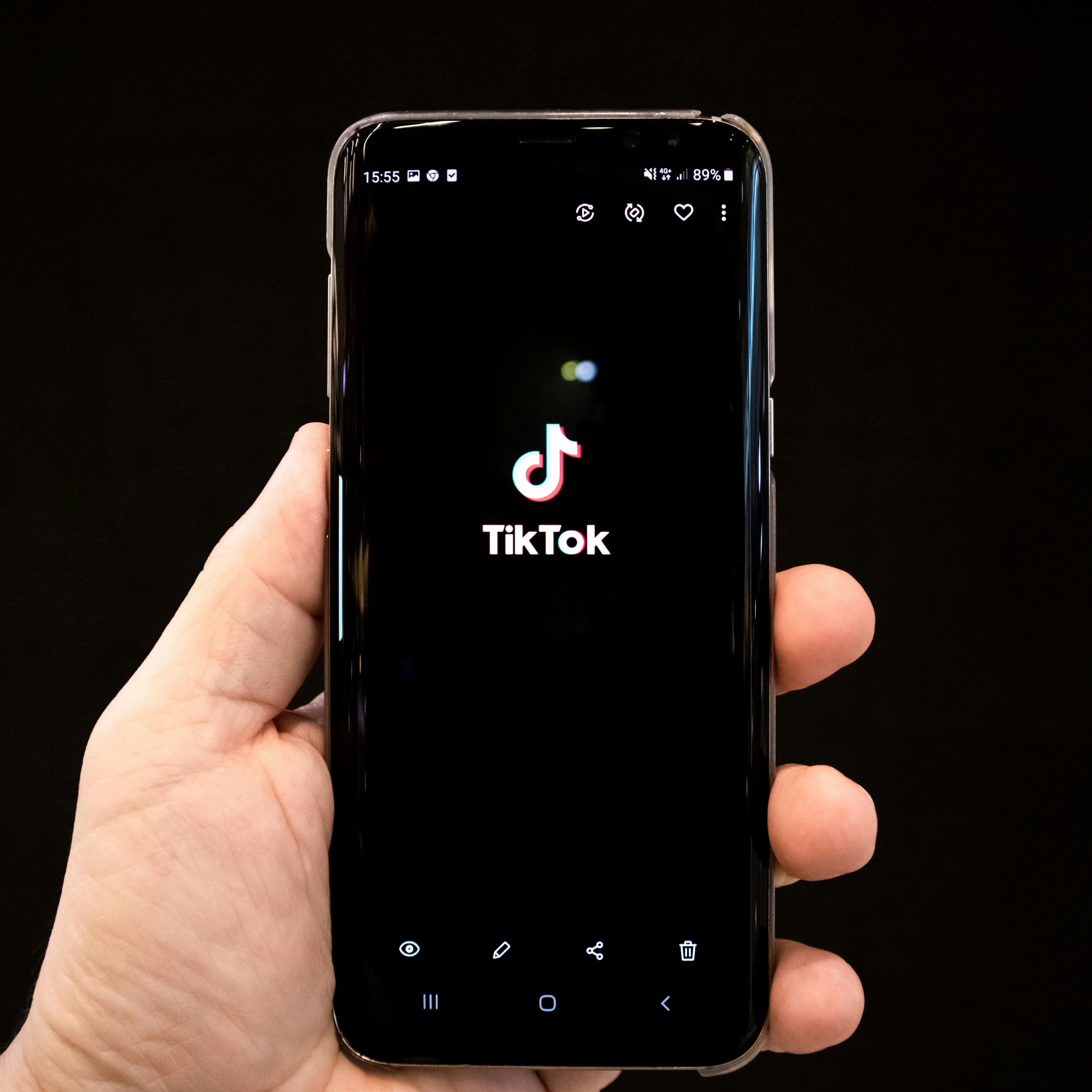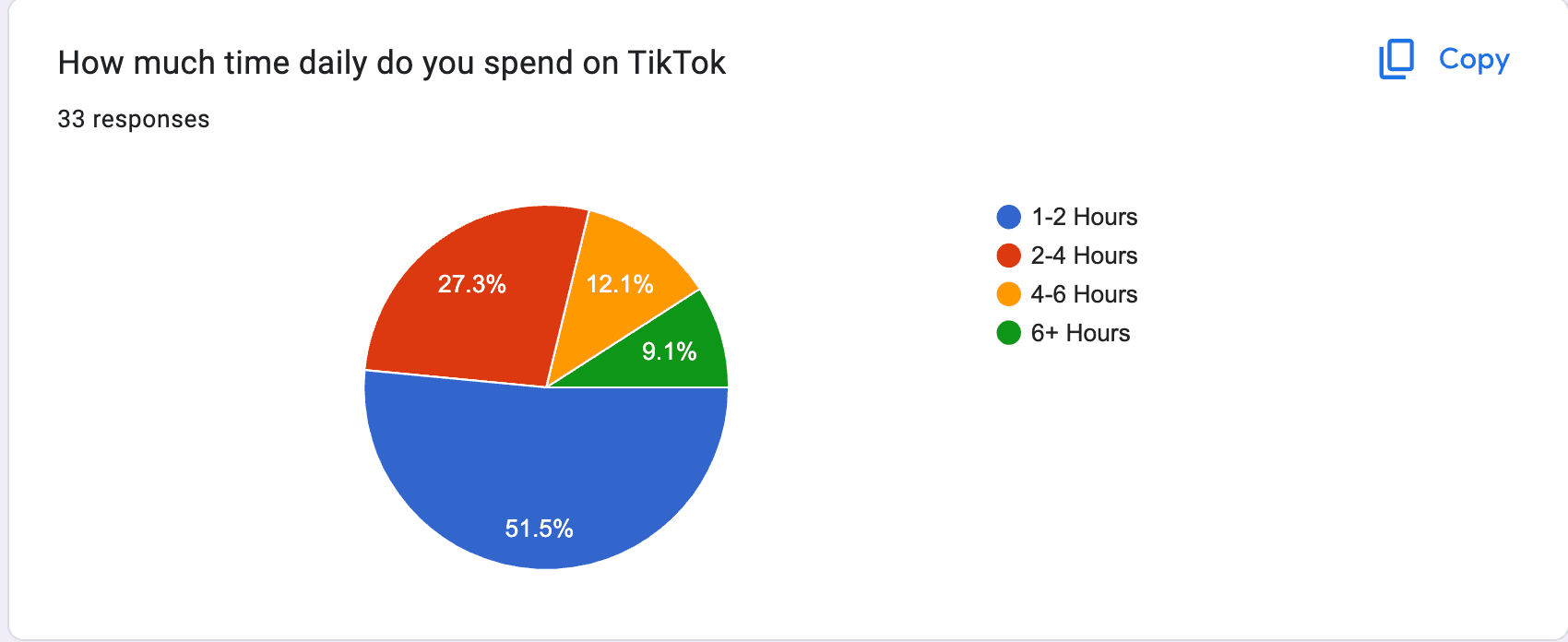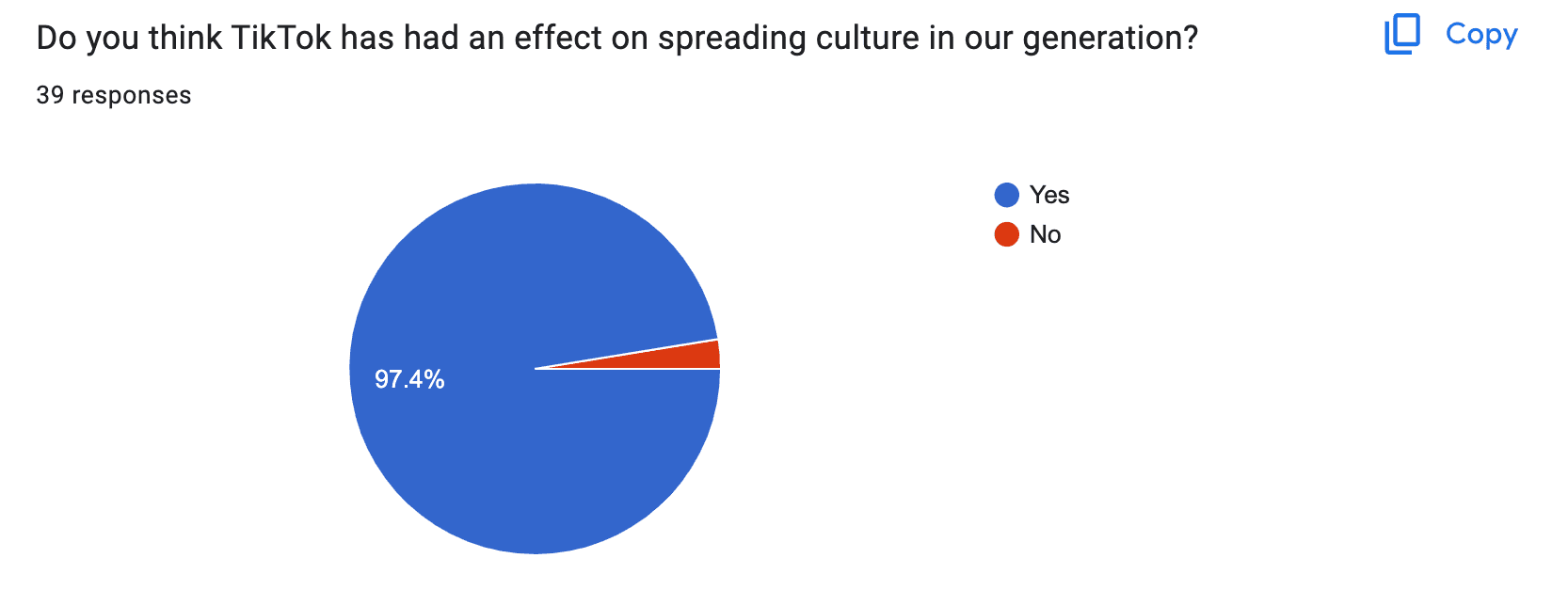
As the ban on TikTok gets closer and closer to coming to fruition, it feels important to reflect on how pivotal short form media, TikTok in particular, is for the development of Gen Z culture and the legacy of our generation.
TikTok, a short form media platform that gained traction in 2019, has amassed 150 million American users over the past five years. TikTok has had an indelible impact on the world and how people (especially Gen Z) receive and consume information. Recently, rumors of banning TikTok have been circulating, and it seems like a ban may be coming to fruition. The primary reason for this is TikTok’s parent company. TikTok is owned by Chinese company ByteDance, and government officials see the company’s Chinese origins as a threat to national security. Officials are concerned about user data being given to the Chinese government, due to laws that China has in place. These laws allow them to access information from Chinese companies such as ByteDance. The proposed ban allowed TikTok’s parent company ByteDance, a year to sell the company before it gets banned from the App Store and Google Play. This ban is not unprecedented, as India banned TikTok in 2020, and many other countries have recognized TikTok as a potential threat.
As of January 2025, TikTok is set to be banned on January 19th, 2025. There has been speculation that an American buyer such as Elon Musk may buy TikTok, but nothing has been confirmed.
The TikTok ban leaves us thinking about how the app has changed many facets of our lives. Of the student’s polled last summer, 48.5% of the Leman student body spends between two and six hours a day on TikTok.

What makes TikTok such a good tool to spread culture? Its algorithm. On other social media platforms such as Instagram or X (formerly Twitter), users often only see what they follow, or niches that they are interested in. The TikTok algorithm shows users different types of content and uses an equation based on multiple things. These include how long the user watches the video and if they like and/or comment on the video. Because TikTok users are shown such a broad range of content, culture is spread very easily. The poll also showed, 97.4% of participants said that TikTok has had an effect on spreading culture in our generation.

This fast paced culture spread has allowed Gen Z to create new trends and bring back old ones. Most recently, a resurgence of readers with #BookTok, and the spread of fashion trends through “Fit Check” videos where users share what they are wearing on a daily basis. If TikTok is banned, the speed and range of culture spread, especially in Gen Z, will be significantly hindered. Where does that leave Gen Z culture? Gen Z users on TikTok have speculated that Gen Z might turn to a new social media platform, such as 小红书 (RedNote in English) or Lemon8, in place of TikTok, while older generations on TikTok have said that Gen Z might return to magazines and other existing social media platforms for news on culture.
Personally, I think that the ban of TikTok will drastically change the way that Gen Z gets their information and presents themselves to the world. I think a big problem with having a platform in which so many niches are so easily accessible, is the lack of a well fleshed out sense of identity in many people. I think because trends on TikTok in particular cycle so quickly, and performative online “aesthetics” have become a norm, people often don’t have to put in the work to discover what they really like, and cultivate taste. Instead, with an app like TikTok, people are able to make videos of a hundred different versions of themselves without having to put much work into appearing like something they’re not. I think that is where a lot of the disconnect between Gen Z and older generations is formed. Because it is so easy for Gen Z to be performative about what they like, and not really form a connection with the media they are consuming, older generations feel like they can’t keep up with the ever changing tide of TikTok trends. Before the rise of modern social media platforms such as Instagram and TikTok, people would form connections and community with people that liked the same things as they did, and this was rooted in passion. This was often done in person or on older apps/websites such as Twitter (X) or mySpace. The difference between these older forms of social media is that they felt like less of a cash grab from big corporations to get people to buy useless items. Because a majority of communities for Gen Z are formed on TikTok, this toxic mentality that one has to be a fan of everything new and trending in order to be deemed cool or in the know has spread throughout Gen Z. This mindset often translates to toxic behavior in real life such as overconsumption (no one needs 15 Stanley Cups, cute as they may be) or toxicity in fan spaces. And even now I find that real fans of something, whether it be a music artist or a sports team go to spaces such as X (formerly Twitter) to engage in discourse with like minded people. I think the TikTok ban is going to remind a lot of young people that it is OK to not be a fan of everything new and trending, in fact being a fan of everything often means you are a fan of nothing. And while I think that there are a lot of pros to the TikTok ban, I think Gen Z will suffer the loss of a major platform for discourse which I think has been extremely important, especially in recent times. I think that TikTok was instrumental to providing Gen Z with information on current events and it served as a powerful tool to get Gen Z to band together to help make change. The role that the app has played in making things happen, whether they be on a local level or a global level is undeniable. I think that in a generation that (arguably) reads for pleasure less than past generations, TikTok was a great tool to create discourse and bring to light the nuance in a lot of looming social issues. I hope that whatever comes after TikTok is able to replicate TikTok’s role in bringing people together for a common cause.